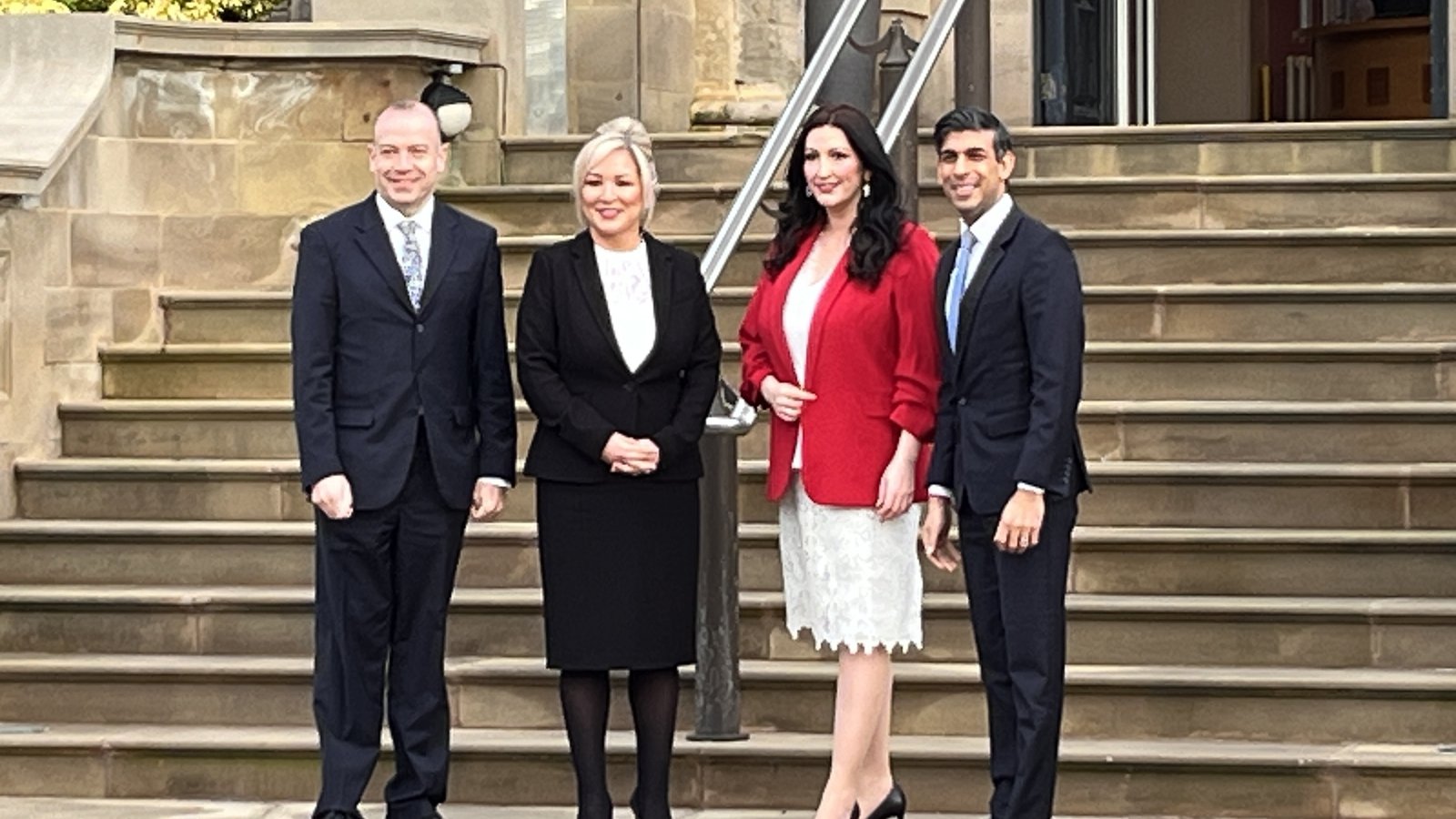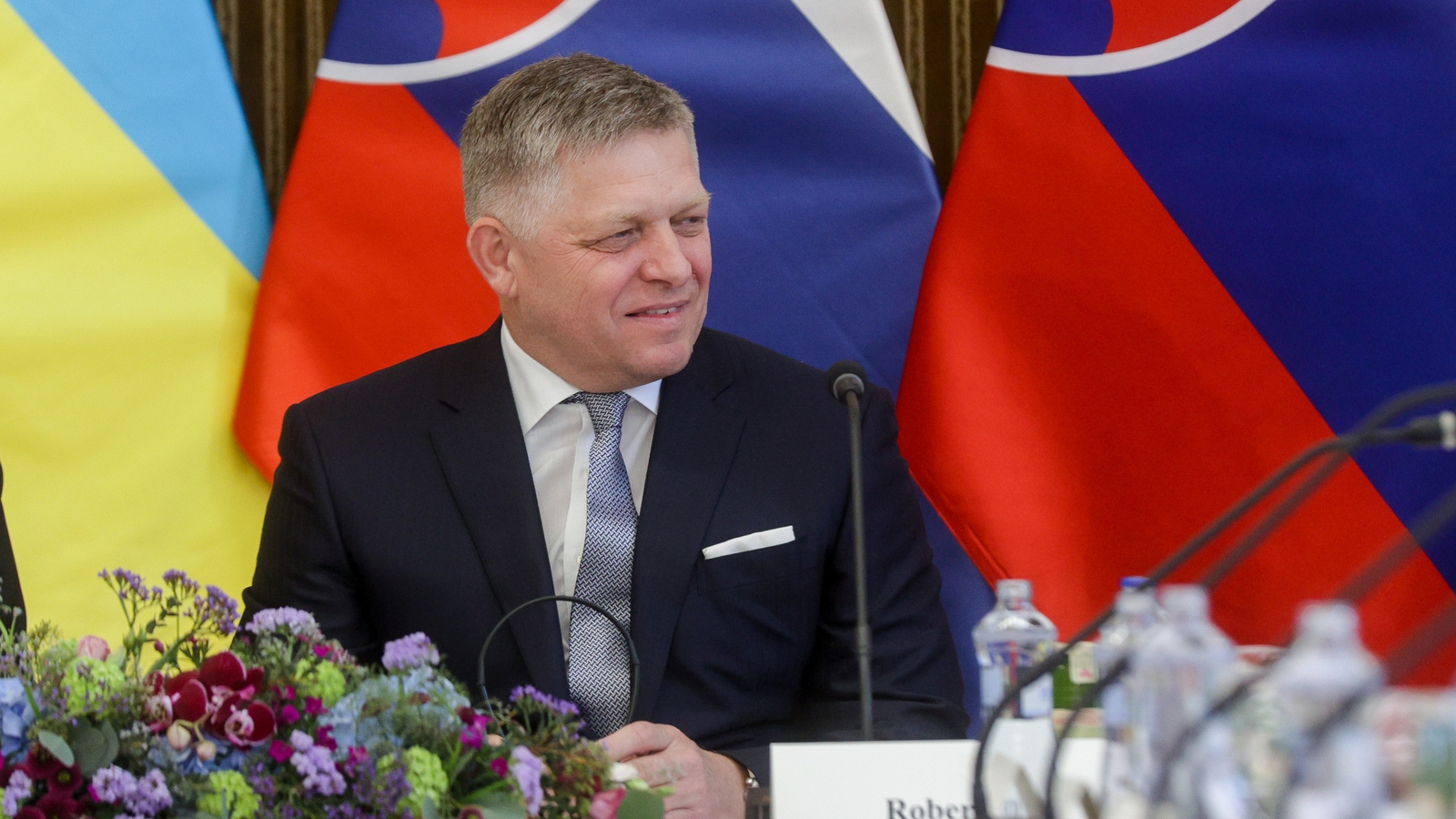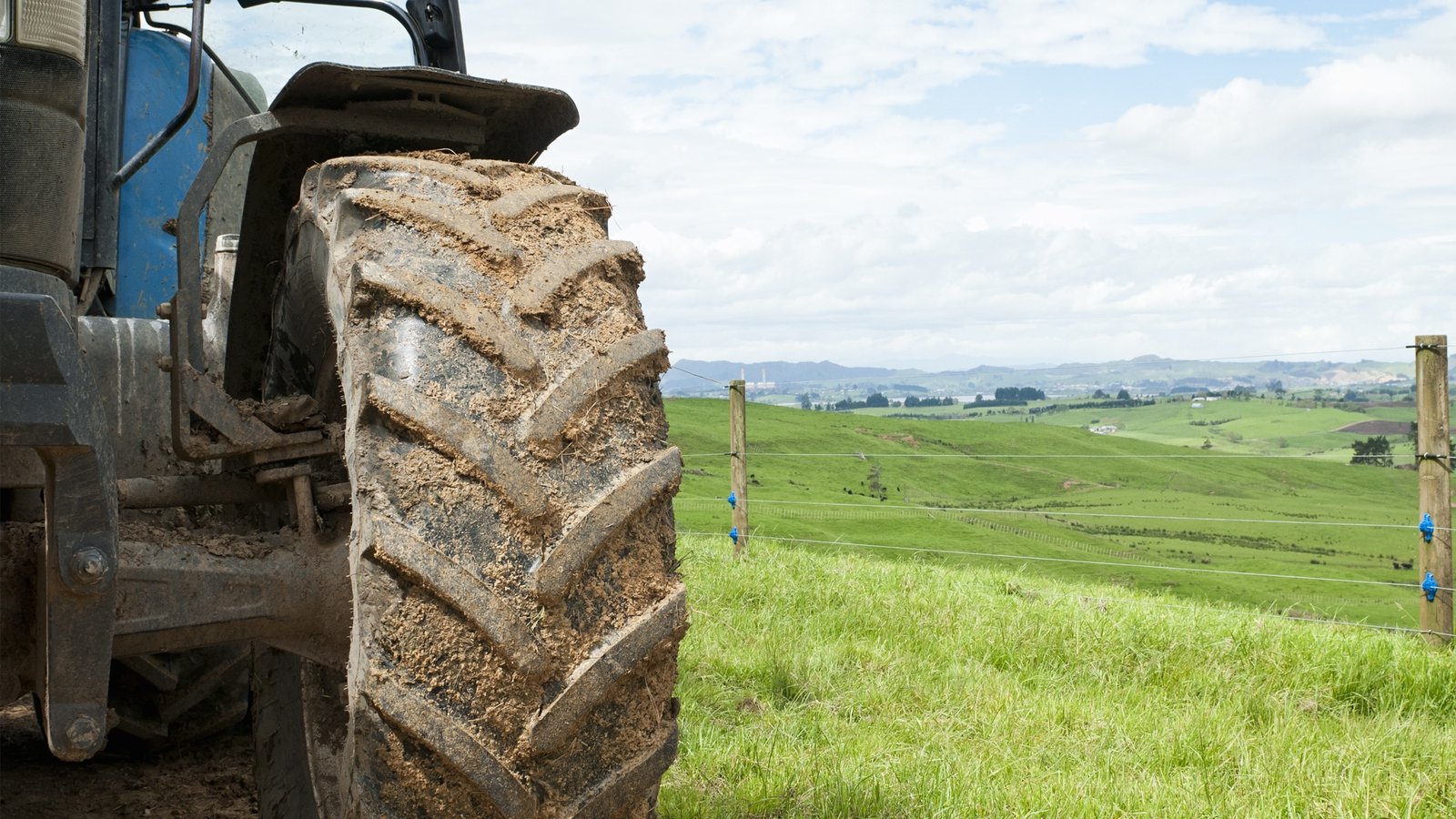Women rights activists call for ‘gender apartheid’ law
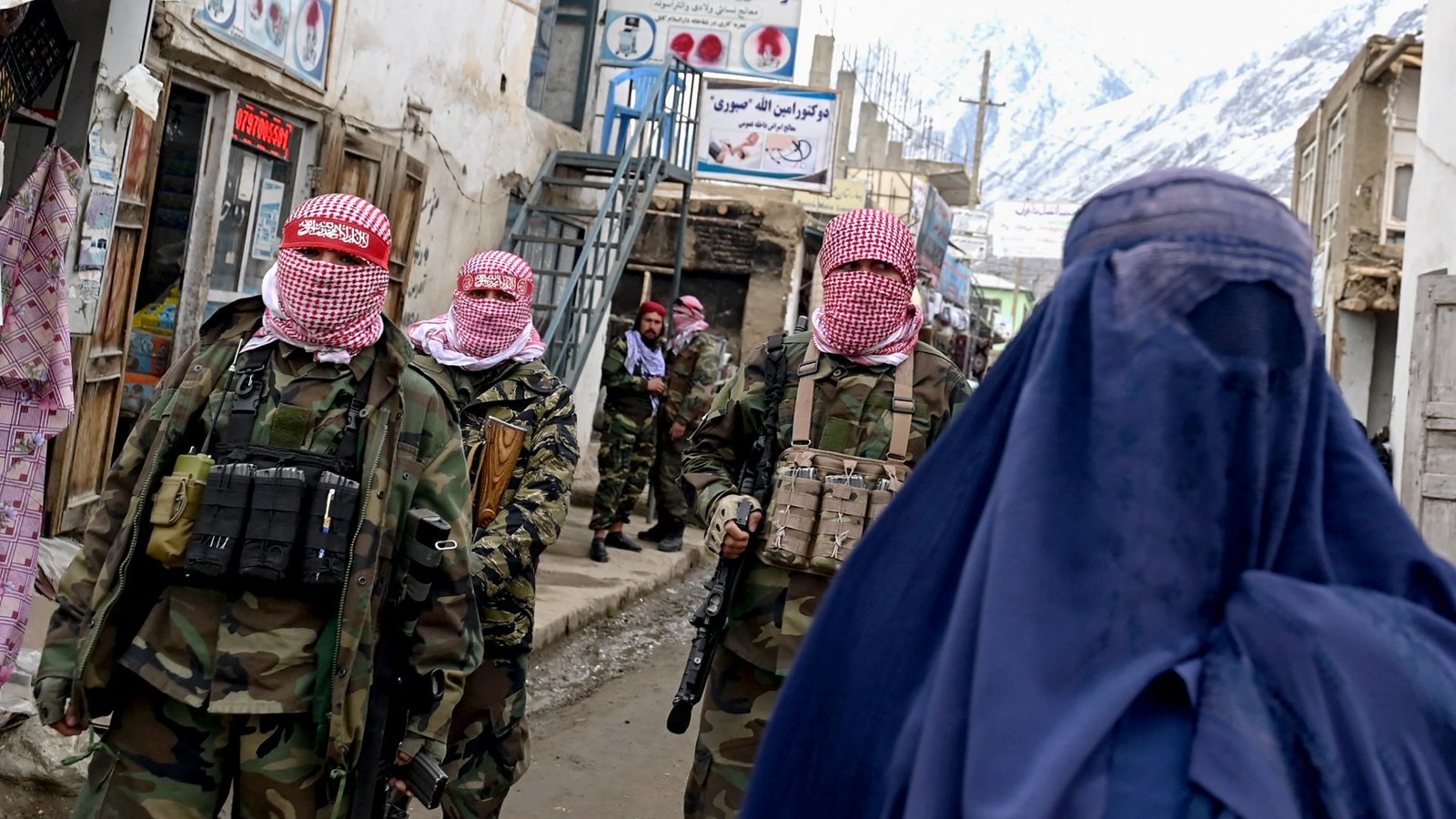
Metra Mehran, who is on a Taliban hitlist, doesn’t want the world to forget about the women of Afghanistan.
She has come to the United Nations on International Women’s Day to ask women to stand with them as they call for the Taliban’s policies to be criminalised under international law as “gender apartheid”.
“We need to call it what it is,” Ms Mehran, gender and policy advisor with the Atlantic Council, a think tank, told RTÉ News.
If the Taliban gets away with it, it could embolden other governments around the world to erode women’s rights, she said.
“This is a global threat,” she said, “and we need solidarity from the people around the world who believe in human dignity.”
It’s two and a half years since the Taliban resumed control of the country, following the chaotic US military withdrawal, and began systematically and violently rolling back women’s rights.
Barred from schools, universities, workplaces and even public parks, Afghan women are increasingly trapped inside their homes.
Any perceived transgression of the Taliban’s fundamentalist moral code, enforced by the “Vice and Virtue Ministry,” goes severely punished.
“Women in Afghanistan have been on the streets for the past two and half years accepting bullets, lashes, arbitrary arrest, imprisonment, torture and even death,” Ms Mehran said.
“They feel they have nothing left to lose,” she said.
The UN, which continues to operate in Afghanistan, has documented the dramatic decline in women’s rights.
In his report to the Human Rights Council published last week, Richard Bennett, the UN’s special rapporteur on human rights in Afghanistan said that women and girls were being “erased from public life.” He said there were public executions and credible reports of extrajudicial killings.
Ms Mehran knows what it’s like to be pursued by the Taliban.
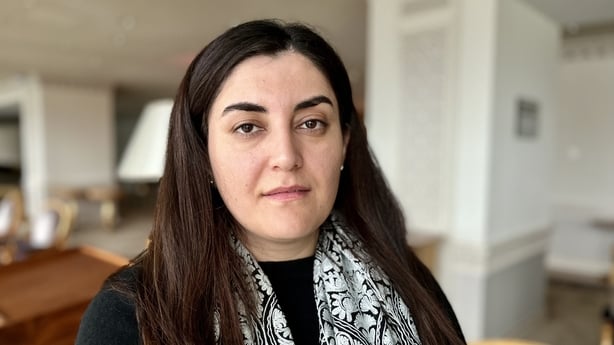
As the US began their evacuation, she tried to get to the airport.
“It was painful to see people running for their lives and the Taliban was firing and lashing,” she said.
After three days, she made it out.
“There’s a mixed feeling of survivor’s guilt but also that we had to get out to keep our voice, to keep on speaking out,” she said.
The Taliban insists their policies on women are an internal matter and scolds other countries for “interfering”
With the Taliban consolidating their power and pushing for international recognition, the UN faces a conundrum: how to engage with the Taliban – the de facto authorities – while sticking to the UN’s principles on gender equality?
“We are in a kind of a situation of the chicken and the egg,” the Secretary General, Antonio Guterres told a meeting on Afghanistan in Doha last month “with the Taliban thinking that the concerns of the international community are not their business and wanting recognition and integration,” he said.
But the international community won’t consider recognition or integration until there is progress on their concerns, like women’s rights, he said.
The meeting was attended by the special envoys to Afghanistan from 25 countries from the region and around the world.
It was the second of its kind.
But some observers have criticised the meetings for failing to involve enough Afghan women.
“It’s no surprise that the international community keeps making bad decisions about Afghanistan, when they’re refusing to hear from the people who have the most at stake, who of course are Afghan women,” Heather Barr of Human Rights Watch told RTÉ News.
Ahead of the two-day meeting in February, the Taliban wrote a letter to the Secretary General, laying out a list of conditions for their participation which, Mr Guterres said, was “not acceptable”.
“These conditions denied us the right to talk to other representatives of Afghan society and demanded a treatment that would, to a large extent, be similar to recognition,” Mr Guterres told a news conference at the meeting in Doha.
When the Secretary General turned down their demands, the Taliban stayed away.
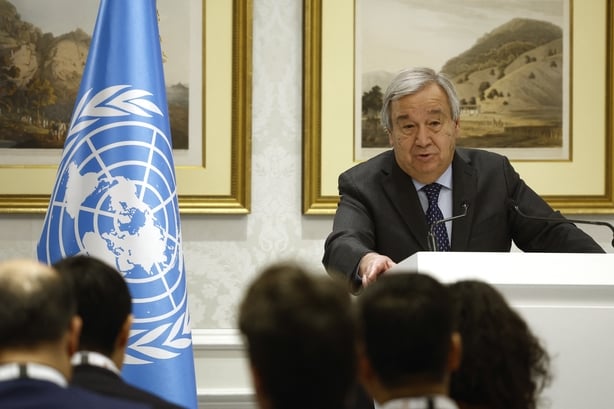
The UN’s Special Rapporteur Richard Bennett said that he shared the concerns of many Afghans that some members of the international community may be “inching towards acceptance”.
He said that in return for relative security and promises to control terrorism and narcotics, “the de facto authorities will be increasingly “normalized”, if not formally recognised as a legitimate government, without making meaningful progress on human rights”.
But he said there was a persuasive legal case to make in favour of “using respect for human rights as a benchmark for recognition as a government”.
Activists hope a declaration of “gender apartheid” would put paid to any more “inching towards acceptance.”
A growing number of women’s rights defenders believe it would put pressure on other governments to withhold recognition from the Taliban, boost sanctions against Taliban leaders, and block business deals with them, Ms Barr told RTÉ News.
“There is a unique opportunity right now to make this change in international law, to recognize gender apartheid, through the draft crimes against humanity treaty under consideration at the UN,” she said.
But UN officials warn there’s a long way to go, if it happens at all.
“Every difficult benchmark has to come through dialogue and negotiation,” the UN’s Special Representative for Afghanistan Roza Otunbayeva told RTÉ News.
“You can’t solve this so immediately,” she said.



